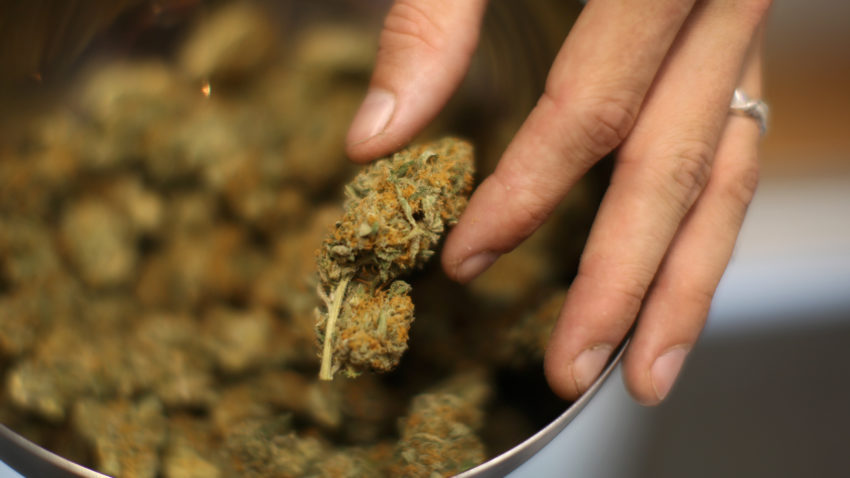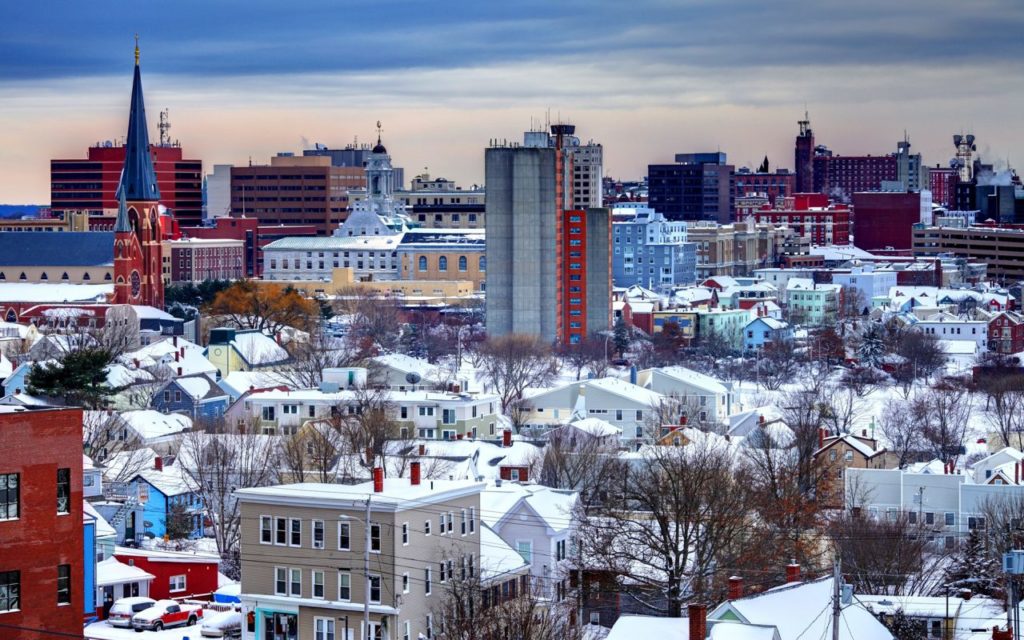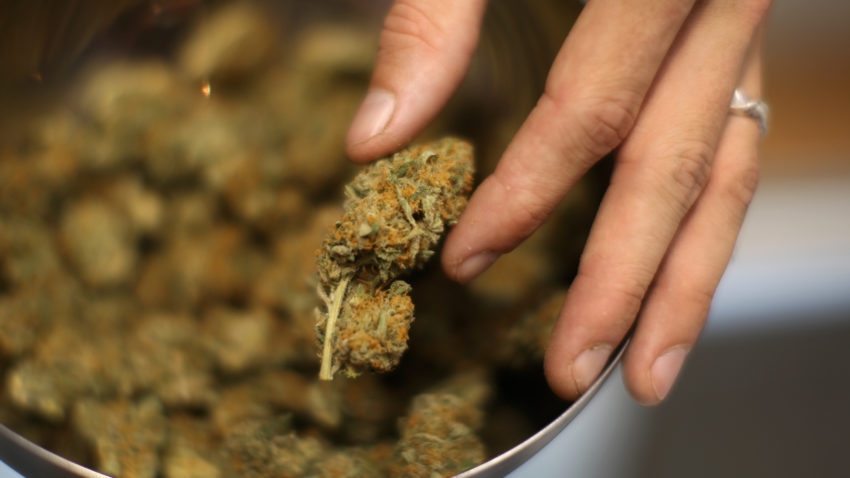Maine lawmakers are preparing for a 2018 session where Medicaid expansion and marijuana legalization are expected to take center stage.
The Legislature must figure out how to pay for Medicaid’s eventual $54 million expansion. The sale of recreational marijuana is also set to become legal Feb. 1, even though lawmakers failed this year to put a licensing and regulatory structure in place.
Next year will be Republican Gov. Paul LePage’s last full year in office, and he is continuing to chastise lawmakers for his biggest pet peeve: fiscal irresponsibility and laziness. He’s threatened to not implement Medicaid expansion and recreational marijuana sales unless lawmakers fulfill his conditions.
“Many politicians conveniently forget that the last time Maine expanded Medicaid, it blew holes in the budget every year,” LePage said in a recent radio address. “The Legislature lurched from crisis to crisis and scrambled to find one-time gimmicks to fund the budget. We cannot let the past repeat itself.”
The session begins in January.
MEDICAID EXPANSION
The Legislature must figure out how to pay for Medicaid expansion’s price tag that’s estimated to grow to $54 million after projected savings in 2021.
Maine became the first state to expand Medicaid by public vote in November, and up to 90,000 citizens are expected to benefit.
Credit rating agency Moody’s Investor Service recently released a report that said the move “may increase budget pressure for the state.” LePage has said he won’t implement the voter-approved expansion until it’s fully funded by the state Legislature without tax increases, budgetary gimmicks or rainy day fund raids.
LePage said he’s coming up with his spending cuts to pay for Medicaid expansion but called it a “big reach.”
Maine Center for Economic Policy policy analyst James Myall said lawmakers still have to comply with the voter-approved law despite the governor’s delay tactics.
MARIJUANA SALES
The sale of recreational marijuana is technically set to become legal Feb. 1, even though there’s no way to obtain the needed license because lawmakers failed this year to put a regulatory structure in place. That means lawmakers face trying once again to overhaul the 2016 voter-approved law legalizing recreational marijuana.
“We’re sort of in this world where we’re operating where marijuana is legal to have but it’s not legal to sell, so therefore there is only a black market,” said Democratic Rep. Drew Gattine.
The legislative committee that worked for months on an unsuccessful marijuana overhaul will try to get a compromise bill passed quickly, according to Democratic Rep. Teresa Pierce.
LePage has said he’d need assurances from the Trump administration before establishing a new industry and regulations.
The governor predicts marijuana users will gravitate to medical marijuana instead of a recreational market.
“If you don’t fix the loopholes, there’s going to be no such thing as recreational marijuana — it’s going to be all medical marijuana,” LePage told The Associated Press.
OLD BILLS, NEW BILLS
Lawmakers sifted through almost 1,650 bills last year and passed about 300 of them, according to the Legislative Information Office.
Next year, the Legislature will review roughly 300 late-filed bills, along with another 319 others.
One bill, sponsored by Democratic Rep. Lydia Blume, would require new or refurbished toll plazas on the Maine Turnpike to be built using all electronic collection technology. Other bills would protect hemp growers and encourage businesses to hire U.S.citizens.
Members of a state task force studying the opioid crisis hope that lawmakers will take action on issues from substance abuse treatment in county jails to recovery housing.
LePage — who’s named his own dog “Veto” — vetoed 128 bills this year, down from 187 bills in his first year, according to the Legislative Information Office. Lawmakers overturned 73 vetoes this year.





